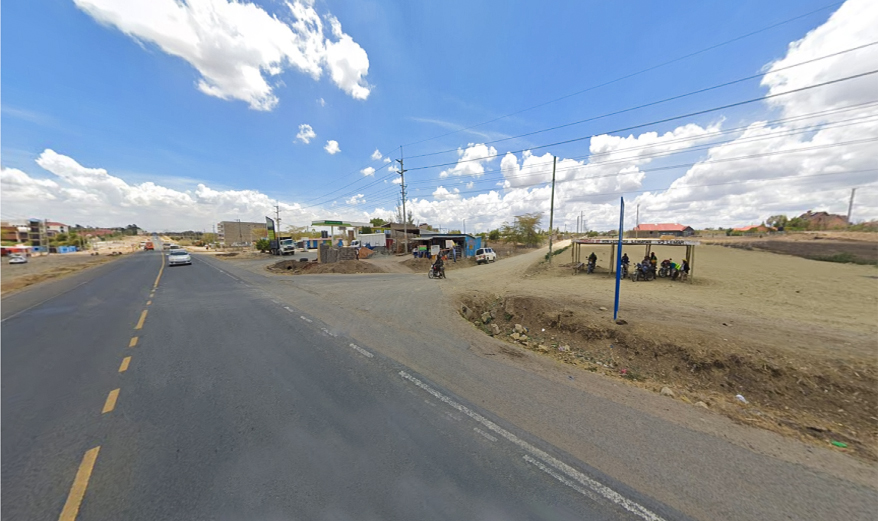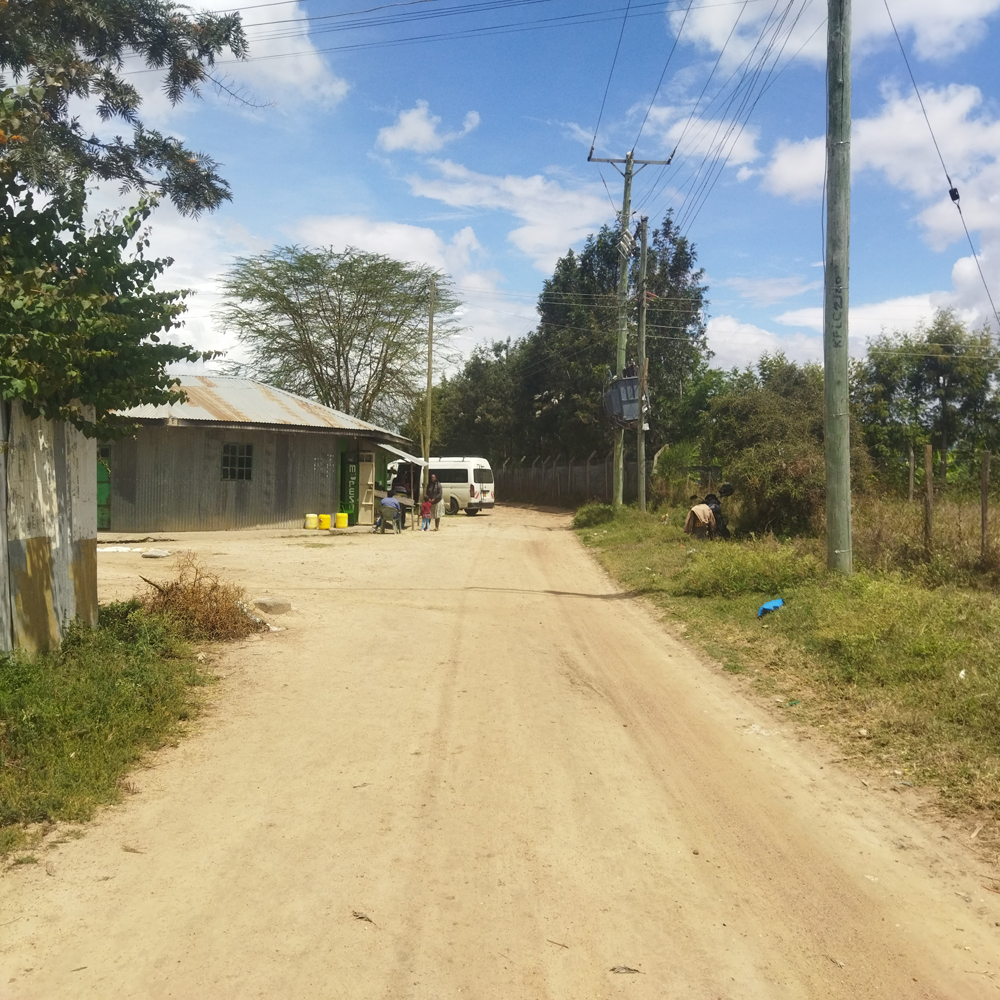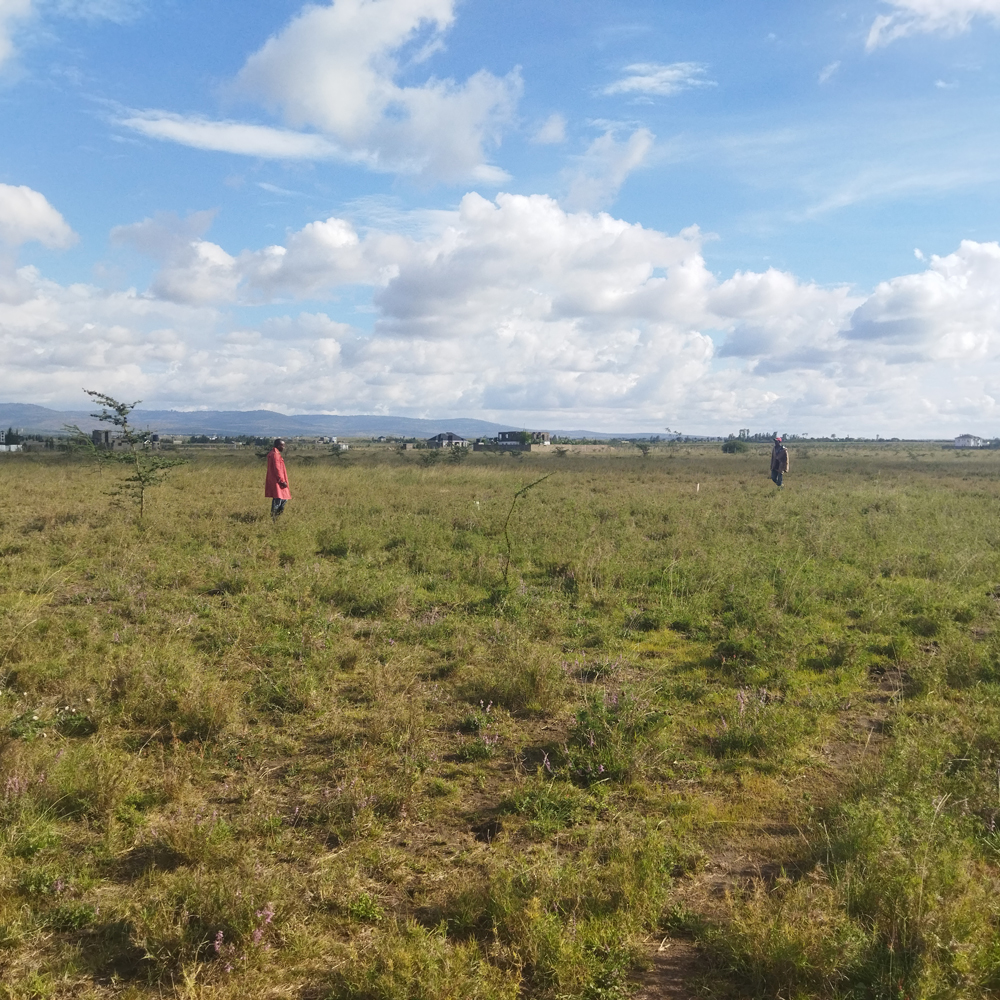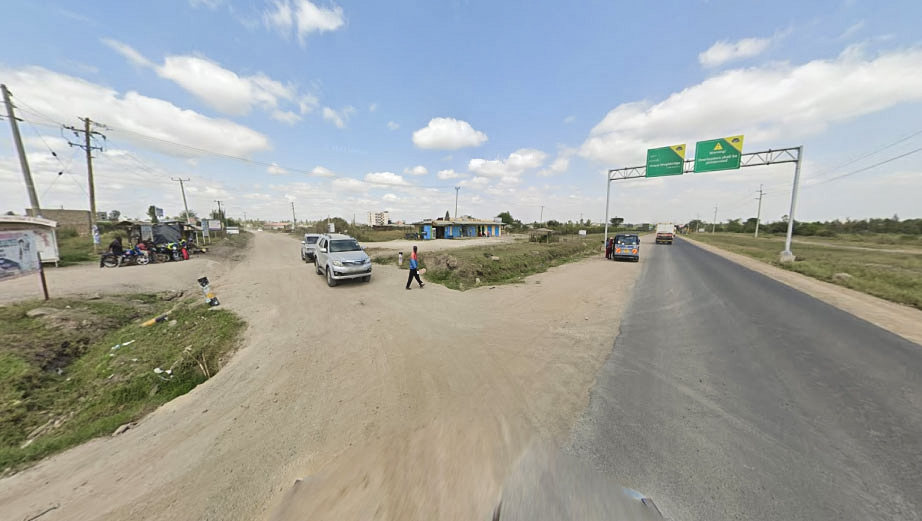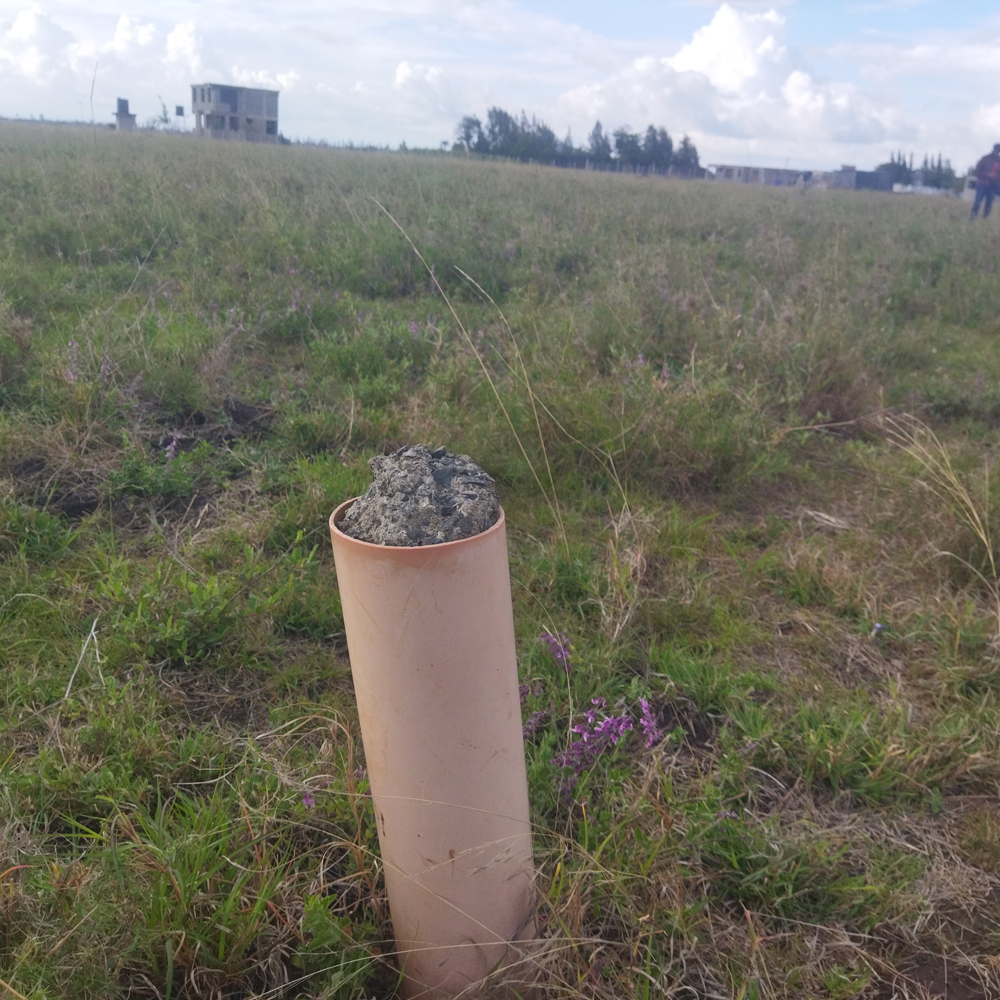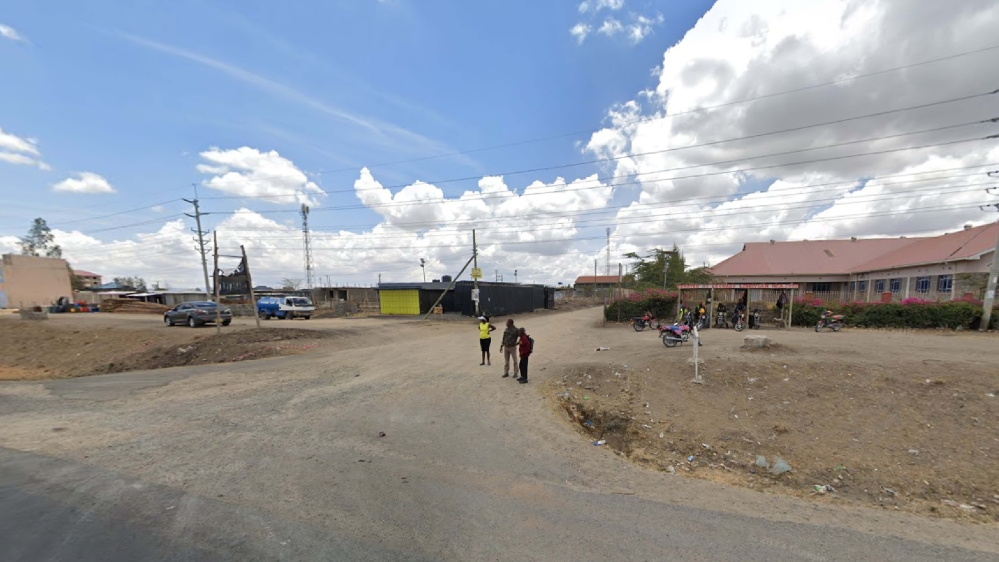Buying land in Kenya is one of the most rewarding investments you can make—whether for building a home, starting a business, or future development. However, land transactions can also be risky without proper due diligence.
Before committing your money, here are 10 crucial questions to ask before buying land in Kenya, and why each one matters.
1. Is the Title Deed Genuine and Clean?
Why it matters:
A clean title deed confirms legal ownership and ensures the land has no loans, disputes, or restrictions.
What to do:
- Request a copy of the title deed
- Conduct an official land search
- Confirm whether it’s freehold or leasehold
👉 Verify ownership via the Ministry of Lands
https://lands.go.ke
2. Who Is the Registered Owner of the Land?
Why it matters:
Many land scams involve fake owners or unauthorized brokers.
What to do:
- Confirm the seller’s national ID and KRA PIN
- Deal directly with the registered owner or their lawyer
- Avoid verbal agreements or third-party promises
👉 Work with verified land experts
3. Is the Land Involved in Any Legal Dispute?
Why it matters:
Disputed land can be tied up in court for years, locking your investment.
What to do:
- Conduct a court registry search
- Check with the Land Control Board
- Ask local residents about known disputes
4. What Is the Zoning or Approved Land Use?
Why it matters:
Zoning determines what you can legally build on the land.
What to do:
- Visit the County Physical Planning Office
- Confirm zoning (residential, commercial, agricultural, industrial)
- Ask about subdivision or development restrictions
👉 Learn more about land-use planning
https://www.planning.go.ke
5. Does the Land Have Proper Road Access?
Why it matters:
Land without legal access can be undevelopable and hard to resell.
What to do:
- Visit the land physically
- Confirm access via a registered public or private road
- Ensure the access road is legally recognized
6. Are Water, Electricity, and Utilities Available?
Why it matters:
Lack of utilities increases development costs and delays.
What to do:
- Check proximity to water lines or boreholes
- Confirm nearby electricity connections
- Ask about sewage systems and network coverage
👉 Explore serviced land options
7. Is the Area Prone to Flooding or Environmental Risks?
Why it matters:
Flood-prone land can cause long-term losses and building challenges.
What to do:
- Visit during rainy and dry seasons
- Check for erosion or drainage paths
- Ask locals about flooding history
8. Are There Outstanding Land Rates or County Charges?
Why it matters:
Unpaid land rates transfer to the new owner.
What to do:
- Request a land rates clearance certificate
- Verify directly with the County Lands Office
- Clarify responsibility in the sale agreement
9. Is the Land in a Controlled or Gated Development?
Why it matters:
Controlled developments come with rules, fees, and design limitations.
What to do:
- Ask for covenants or HOA guidelines
- Confirm allowed building types
- Understand service charges or levies
Pro Insight:
Controlled estates offer better infrastructure but less flexibility.
10. Is the Price Fair Based on Market Value?
Why it matters:
Overpricing is common when buyers skip valuation.
What to do:
- Compare prices per acre or per 50×100 plot
- Use a registered valuer
- Assess nearby infrastructure and growth potential
Final Thoughts: Due Diligence Protects Your Investment
Buying land in Kenya is a major financial decision. Asking the right questions—and working with professionals like lawyers, surveyors, and valuers—can save you from costly mistakes.
✔ Never rush
✔ Never skip site visits
✔ Never pay before verification






